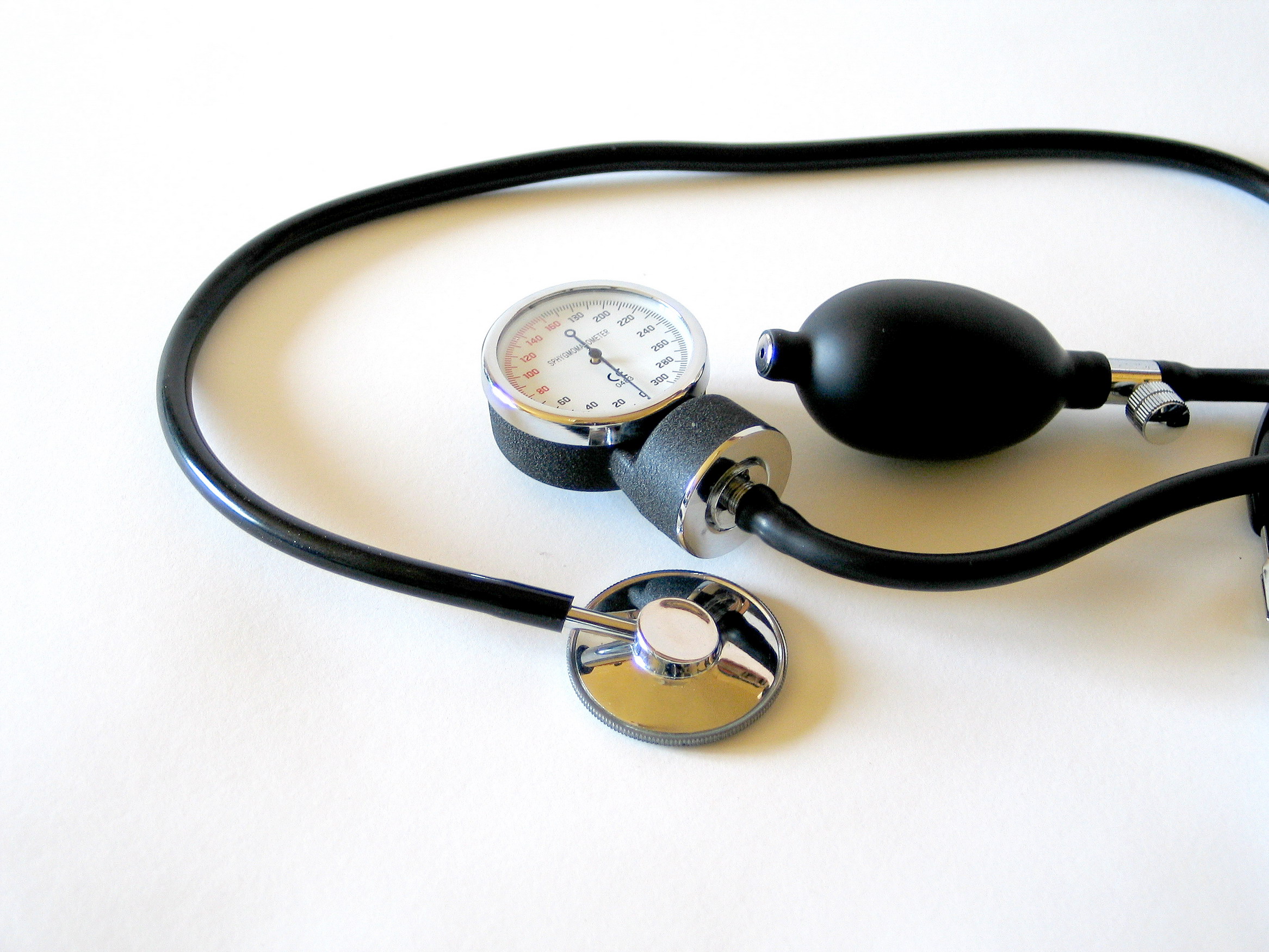
FRIDAY, Jan. 17, 2014 (HealthDay News) — As a pediatrician at Nationwide Children’s Hospital in Columbus, Ohio, Dr. Sarah Denny has seen her share of the life-threatening reactions that can happen with food allergies.
That didn’t make it any less scary when her son Liam, then 18 months old, drank soy milk and was soon covered in hives and having trouble breathing. Moments later, he was unconscious.
She called 911 while her husband jabbed their son in the thigh with an epinephrine pen. “I could hear sirens on the way to us,” Denny recalled. “I’m holding Liam out on the curb, and my medical brain kicked in. I thought, ‘I need to be doing chest compressions.’ “
She didn’t have to — the epinephrine quickly took effect. On the way to the hospital, her son woke up. Fifteen minutes later he was smiling and talking again.
“Epinephrine works very quickly. As long as you give it soon enough, it can reverse a [severe] reaction,” Denny said. “It’s truly lifesaving. Had we waited to give it or just called 911, I’m not sure he would have survived.”
To help ensure children like Liam can get epinephrine when it’s needed, new federal legislation encourages schools to have epinephrine for any child who needs it. Signed into law by President Barack Obama last November, the School Access to Emergency Epinephrine Act gives states a financial incentive for passing legislation requiring that schools have epinephrine on hand and personnel trained in how to use it. Obama’s daughter Malia has a peanut allergy.
“Epinephrine needs to be given right away, within five minutes of the onset of symptoms,” said Dr. David Stukas, an allergist and immunologist at Nationwide Children’s Hospital. “If you wait longer, the risk for death increases.”
Many parents know their children have food allergies, and they supply a school nurse or teacher with epinephrine pens, which are sold under the brand names EpiPen and Auvi-Q.
But about one in four first-time food-allergy reactions happens at school, and the parents might not even realize their child is allergic. Denny kept an EpiPen at home because she knew Liam was allergic to dairy, eggs, peanuts and tree nuts. But he had eaten soy before with no issues.
For reasons not understood, food allergies are on the rise. According to the U.S. Centers for Disease Control and Prevention, rates of food allergy in children increased 50 percent between 1997 and 2011.
About one in 13 U.S. children — or about two in every classroom — has at least one allergy, according to the nonprofit organization Food Allergy Research & Education. The most common cause of severe reactions is peanuts. But other foods — such as dairy products, sesame, cashews, pecans and walnuts — can do the same.
Last October, the CDC issued voluntary food-allergy guidelines for schools. The recommendations included encouraging schools to educate staff and parents about food allergies, minimizing the presence of certain foods in classrooms to reduce the risk of accidental exposure, and ensuring that children with food allergies can participate in classroom activities.
Currently, 26 states permit schools to stock epinephrine for use in any child who needs it. Only five states — Maryland, Michigan, Nebraska, Nevada and Virginia — require schools to stock epinephrine, according to the Asthma and Allergy Foundation of America.
That leaves 19 states that have no such legislation.
The federal legislation gives states that require schools to stock epinephrine preference for receiving asthma education grants. Also, state and federal legislation empowers school personnel to take action to save a life.
“We would like to see state legislatures require [schools to stock epinephrine],” said John Lehr, CEO of Food Allergy Research & Education. “We understand that each state and locality needs to make its own budgeting decisions, but we believe that having stock epinephrine in the schools will save lives.”
“All of the [epinephrine pens] are easy to learn to use and safe, even if accidentally given to someone without a food allergy or [someone who is] not having a food-allergy reaction,” Stukas said. “It’s adrenaline, which we all have in our bodies.”
“What we’re trying to cover with this [legislation] are those children who slip through the cracks and don’t have an EpiPen at the school for whatever reason, or those children who have their first reaction to a food while at school,” Stukas said.
Denny, whose son is now a healthy and active 7-year-old, agreed. “If the nurse has to wait until the ambulance arrives, by then it may be too late,” she said.
More information
For tips on managing food allergies at school, visit Food Allergy Research & Education.
Copyright © 2026 HealthDay. All rights reserved.

